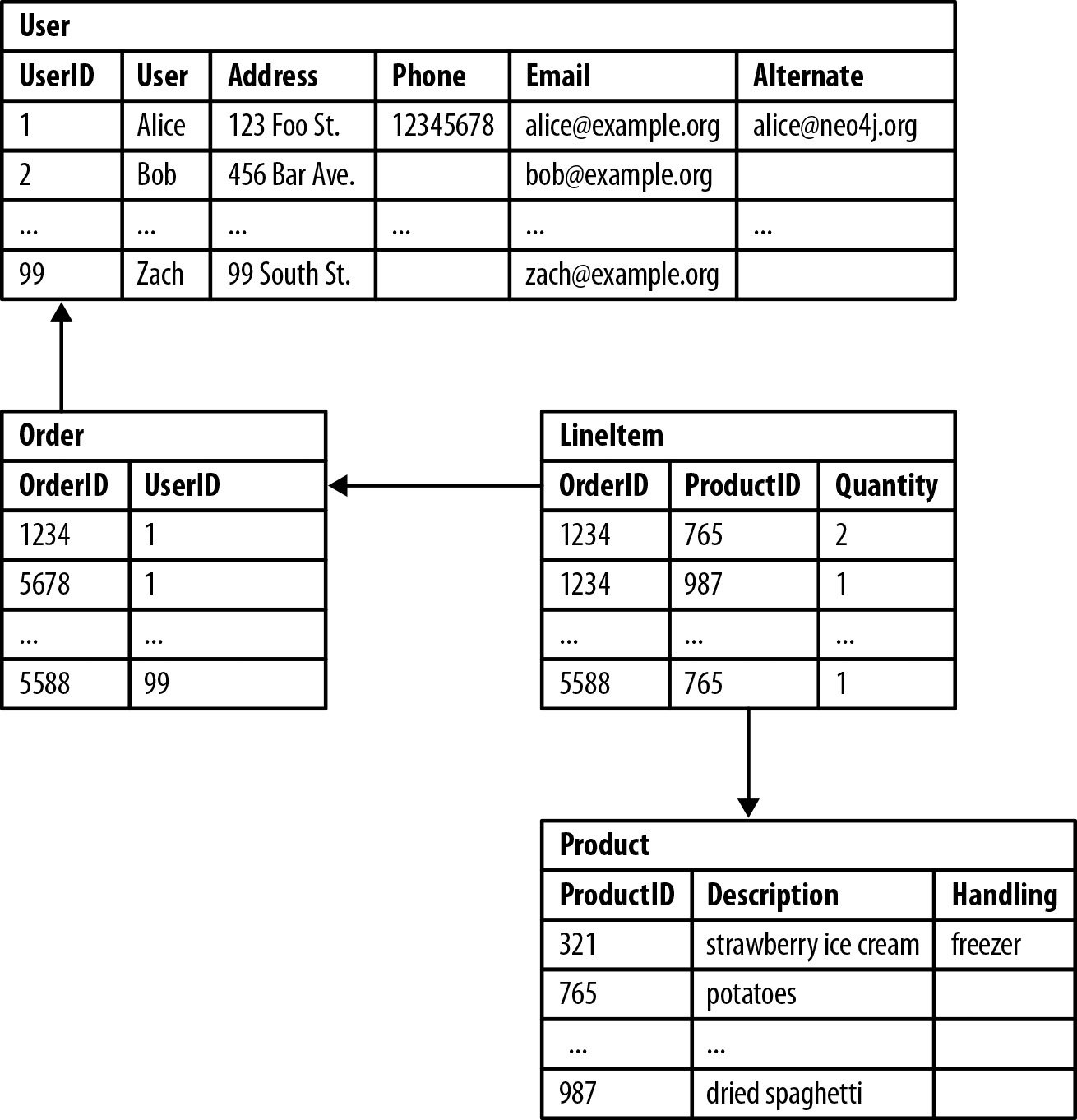 When it comes to search engine optimization (SEO), there’s always something new on the horizon. One of the latest trends in the SEO world is semantic SEO. This cutting-edge approach focuses on optimizing your online content around a specific topic or user need, rather than just keywords. By understanding the context and intent behind a search query, you can create more relevant and valuable content that resonates with both users and search engines.
When it comes to search engine optimization (SEO), there’s always something new on the horizon. One of the latest trends in the SEO world is semantic SEO. This cutting-edge approach focuses on optimizing your online content around a specific topic or user need, rather than just keywords. By understanding the context and intent behind a search query, you can create more relevant and valuable content that resonates with both users and search engines.
So, what exactly is semantic SEO? It’s all about making your content more meaningful and understandable to search engines. Instead of simply stuffing your pages with keywords, semantic SEO involves using structured data, schema markup, and natural language processing to provide context and relevance to your content. This helps search engines better understand the meaning behind your content and deliver more accurate and relevant results to users.
Now that we understand the basics of semantic SEO, let’s dive into 10 informative tips for achieving success with this approach:
1. Focus on User Intent: When creating content for your website, think about the user’s intent behind their search query. What are they looking for? By understanding the user’s intent, you can create content that directly addresses their needs and provides value.
2. Use Structured Data: Structured data helps search engines better understand the content on your website. By using schema markup, you can provide additional context and information about your content, making it easier for search engines to index and display your pages in search results.
3. Optimize for Featured Snippets: Featured snippets are the highlighted boxes that appear at the top of search results, providing users with quick answers to their queries. To optimize for featured snippets, focus on creating concise, informative content that directly answers common questions related to your topic.
4. Create High-Quality Content: Quality content is key to semantic SEO success. Focus on creating in-depth, well-researched content that provides value to your audience. By offering valuable insights and information, you can establish yourself as a trusted source in your industry.
5. Use Natural Language: When writing content for your website, use natural language that is easy for users to understand. Avoid keyword stuffing and instead focus on creating content that flows naturally and provides value to your audience.
6. Optimize for Voice Search: Voice search is becoming increasingly popular, with more users turning to virtual assistants like Siri and Alexa to find information online. To optimize for voice search, focus on creating conversational content that answers common questions and uses natural language.
7. Optimize for Local SEO: If you have a physical location or serve a specific geographic area, it’s important to optimize your website for local SEO. This includes using local keywords, creating location-specific content, and claiming your Google My Business listing.
8. Monitor Your Performance: Regularly monitor your website’s performance in search results to see how your semantic SEO efforts are paying off. Use tools like Google Analytics and Google Search Console to track your rankings, traffic, and engagement metrics.
9. Stay Up-to-Date with SEO Trends: SEO is constantly evolving, so it’s important to stay up-to-date with the latest trends and best practices. Follow industry blogs, attend webinars, and participate in online forums to stay informed about the latest developments in semantic SEO.
10. Test and Iterate: Finally, don’t be afraid to test different strategies and iterate on your approach. Experiment with different types of content, keywords, and optimization techniques to see what works best for your website. By continuously testing and refining your strategy, you can improve your semantic SEO performance over time.
In conclusion, semantic SEO is a powerful approach to search engine optimization that focuses on creating more meaningful and relevant content for users. By understanding the context and intent behind search queries, you can create content that resonates with both users and search engines. By following these 10 tips for semantic SEO success, you can improve your website’s visibility, traffic, and engagement in search results. So why not give it a try and see the impact it can have on your online presence?
